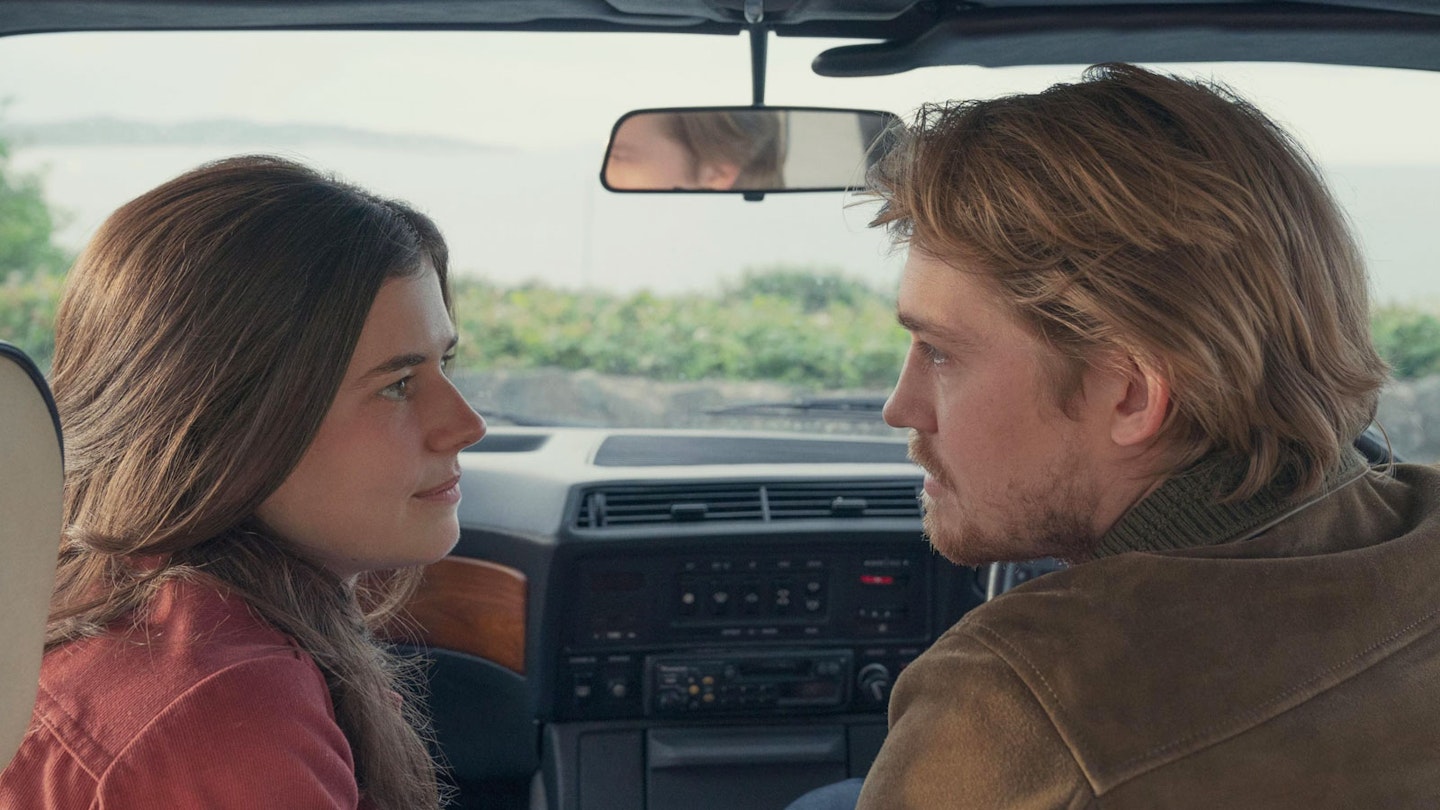Airing on: BBC Three
Few people can telegraph suffering and longing quite like Sally Rooney. The Irish novelist shot to stratospheric fame with two novels mapping these painfully intertwined emotions, 2017’s Conversations With Friends and Normal People, which followed just a year later. The latter was the first to be adapted for television, an instant hit telling a deeply felt story of young love that satiated us in the loneliest pandemic-enforced lockdowns. There was never any doubt that Rooney’s breakout novel would receive the same treatment – but its appeal on the page is far more complex to translate onscreen.

Where Normal People followed Marianne and Connell as they fell in and out of each other’s lives from school to university and beyond, Conversations With Friends tackles friendship, parenthood, career struggles and capitalism as well as love and relationships. There’s plenty of the latter, but it’s a more splintered focus buoyed by Frances trying to keep the whole thing afloat. Alison Oliver, in her first screen appearance, does her best to broadcast the uncertainty, opaqueness, narcissism and occasional nihilism of Rooney’s protagonist, always so vivid and sharp on the page in ways that almost feel intrusive in their precision.
Kirke and Lane prove just how vital satellite characters can be to a story of knotty, difficult romance.
On screen, Oliver is split between fraught scenes with an incandescent Sasha Lane as Bobbi, who Frances has always adored for her fearlessness and vim, and her whispered affair with Nick (Joe Alwyn) as they tiptoe around both Bobbi and Nick’s wife Melissa (Jemima Kirke), perpetually running away from the countless problems in their own lives. The frustration that comes from the seesawing narrative – Frances is also envious of Melissa’s writing career, struggling with health issues that leave her in debilitating pain too much of the time, as well as watching her alcoholic father slowly decline – is surely deliberate, but somewhat dissatisfying on screen.

Normal People was so affecting because of the microscopic focus on Marianne and Connell, with empathetic performances from Daisy Edgar-Jones and Paul Mescal somehow capturing everything Rooney confessed on the page. Conversations has a more difficult job – as did the book – to honour the inner lives of four different people, led by the most reluctant, pessimistic and guarded of the group.
There are still tender moments, and brief flashes of light – intimacy coordinator Ita O’Brien teams once more with director Lenny Abrahamson to give sex scenes, mainly between Frances and Nick but also Frances and Bobbi, great emotional heft, telling their own story just as clearly as the dialogue and unspoken yearning of everyone’s body language. Kirke and Lane prove just how vital satellite characters can be to a story of knotty, difficult romance. Alwyn struggles to rise to the material at times, at his best when Nick is finally given permission to break down and finally feel something, anything.
It remains a curious, singular text, probing the destructive and childish parts of young womanhood in uncomfortable yet familiar ways that Rooney depicts so well. Perhaps a compliment to just how good her second novel looked on TV and what made the first such a masterpiece on the page, Conversations With Friends will make you desperate to fall in love with the book all over again.

